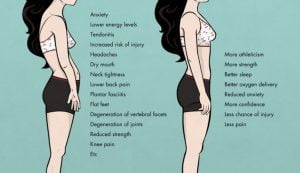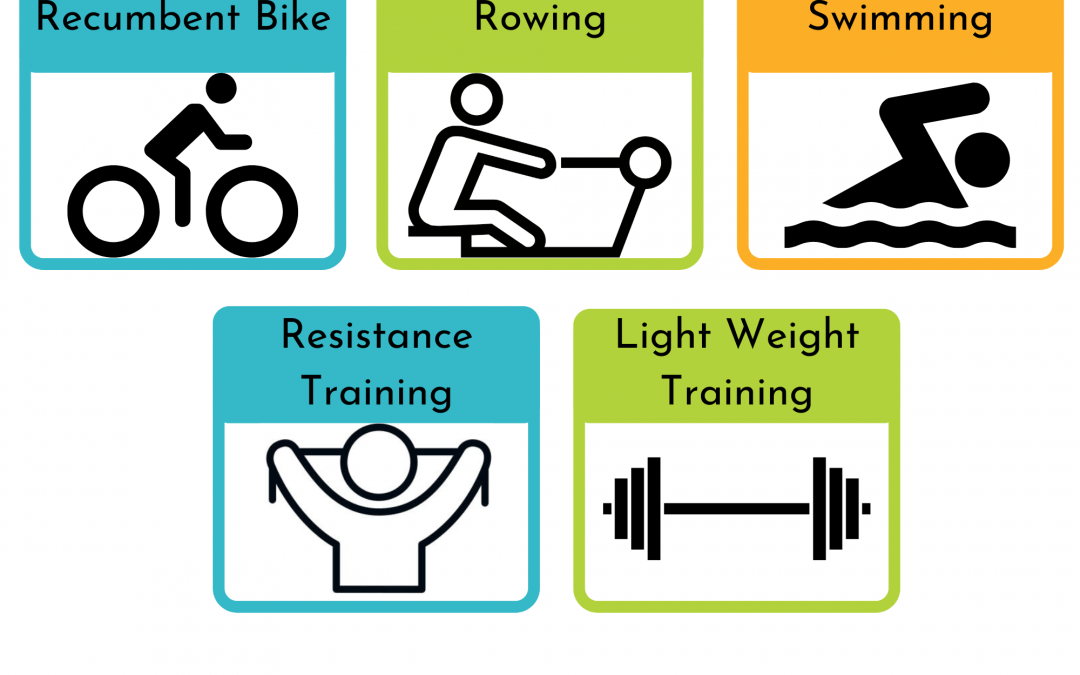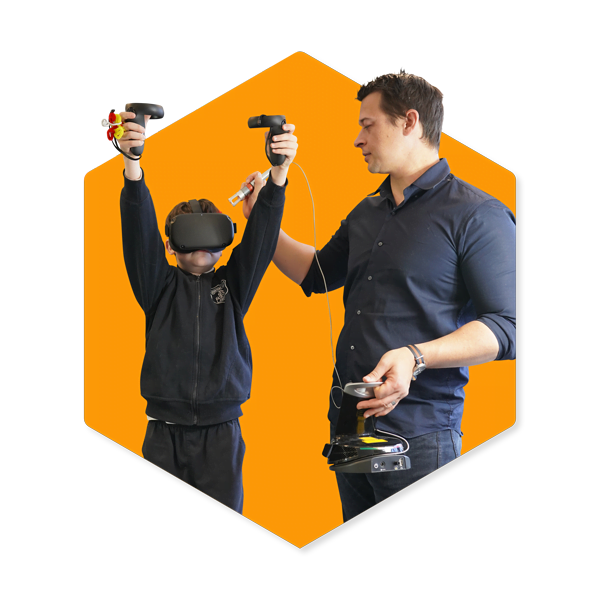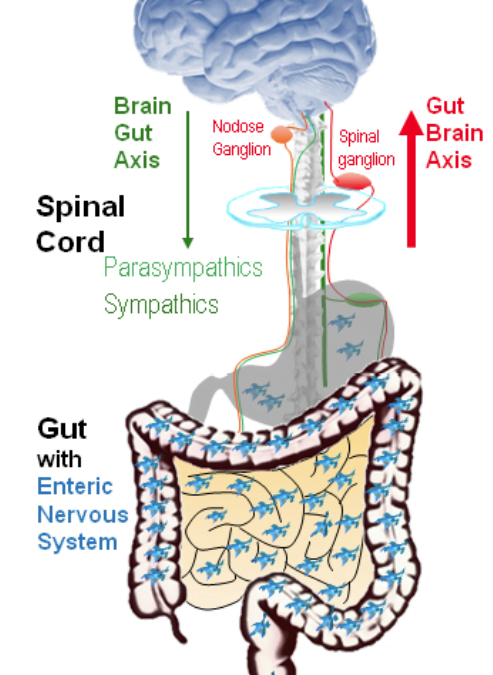Glute max activation makes your brain grow
Its true, I read it in a book.
A study published in Feb of 2016 gathered 12 individuals and measured the level of activity in an area of their brain associated with muscle control. They then made the group go through a week of Glute activation exercises for an hour a day for a week (which sounds horrible). At the end of the week they remeasured the level of activity in the area of the brain and lo and behold;
Short-term GM activation training resulted in a significant increase in corticomotor excitability
Which is fancy talk for the area of the brain involved with muscle control became more active! Huzzah
What is cool about this article was the rate at which the brain activity improved. It only took 1 week worth of targeted exercise to remodel brain function.
Why work on Glutes?
Never skip leg day people. Never.
Glutes serve a vital function in Humans in that they are the main muscle group that keeps us upright. Without good glute strength several things start to go down hill;
- Forward leaning posture

- Tilted pelvis (Scarlet Johansson for example)
- increase in load on the discs and joints in your low back
- Low back pain
- tight hamstrings
- Hip pain
- looking like a monkey
But Eric, what about the relatively small volume of cortical matter devoted to the pelvis?
That is a great question, good on you for asking it.
There have been several studies showing that pianists have a larger brain map of their hand than average. Essentially the bigger the area in your brain the better control and coordination you have of that limb/muscle group. Other studies on Chronic pain have demonstrated that the sensory map in your brain changes with chronic pain, in that the map of the area in pain becomes fuzzier and less distinct.
The problem we have is that the area of your brain devoted to controlling your glutes is relatively small, which is why it is difficult to play a piano with your butt. It also means that it is easy for the brain to lose control of this area after experiencing a rolled ankle or low back pain.
Sooo, squats make me smart?
Sure, why not.
Your brain is like a tangled bunch of spaghetti with strings going everywhere. The vast majority of you brain is devoted to controlling movement which means that if you improve the activity in one area involved with movement it will have a flow on effect to other areas of your brain, like increasing the activity in your prefrontal cortex which is involved in deciding whether it is a good idea to play the piano with your butt or not.
How do I get smart Glutes?
Start simple. In at least 90% of my patients I notice poor glute activation. If you jump straight into complex movements like squats or deadlifts there is a good chance your glutes will remain inactive during the movement.
In the study mentioned they used hip bridges, however in my experience this is still too complex for beginners.
Great beginner exercises;
Step ups
Clams
Elevated Bulgarian split squats
Go slow, slower the better. Our aim is not to fatigue but to increase control. Ideally you should be doing 20 minutes of glute activation exercises 3 times a day for a week.
If you are having trouble with your glutes, give us a call on 9817 6611 or go to our contact us page ????


